June 27, 2020 by Adriana Diaz – Universidad de los Andes-Colombia
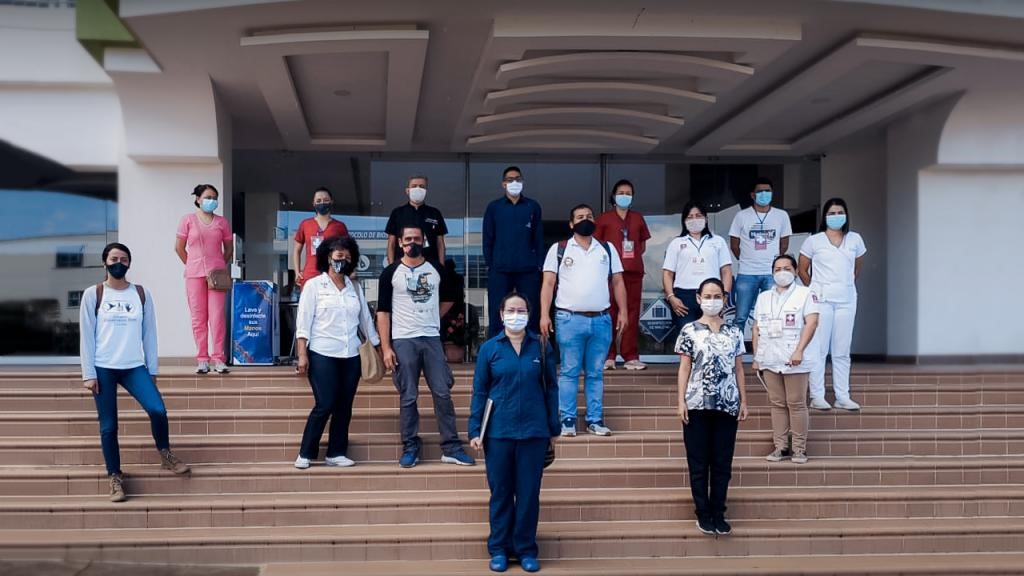
After almost two hours of flight in a small plane from Bogotá, Colombia, Martha Vives, Ángela Holguín and Santiago Hernández landed in the rain in the municipality of Villagarzón, Putumayo, at 11 am on Friday, June 26.
For Martha, Deputy Dean of Sciences at the Universidad de los Andes (Uniandes), that journey had effectively begun two weeks earlier, on June 10. On that day, she received a request for support that moved her. Jorge Molina, the Putumayo Health Secretary, and Carolina Gil, Northwest Amazon Director of the Amazon Conservation Team (ACT), described in two pages their concern about the risk of Covid-19 contagion in the Putumayo department’s indigenous and non-indigenous population. At that time, eight of 13 municipalities already had positive cases. Given Putumayo’s triple border situation with legal and illegal border crossings, only three level II and no level III hospitals, and health personnel shortages, the situation was clearly serious.
Molina and Gil asked for support in developing an epidemiological surveillance plan, structured in a pilot phase and four additional phases based on the appearance of new positive cases. In the pilot phase, ACT would donate everything required to take 1,300 samples in two border municipalities with positive cases, Puerto Guzmán and San Miguel. The department would provide human capital and in-kind resources for ground transportation of the samples. The obstacle: Putumayo lacks both a laboratory to carry out molecular analysis and resources to contract a private laboratory to provide sample analysis.
Martha, who created a Uniandes brigade that in April began to “hunt” the virus, immediately saw how her team could help: by training department health personnel and supporting sample processing, all within the framework of the multi-institutional Covida testing project. Two weeks after receiving that letter, thanks to the Colombian Air Patrol, with Captain Gustavo Elorza as pilot, she arrived in Putumayo.
It’s a 40-minute ride from Villagarzón to Mocoa on a paved and pitted road, a path of curves that run through mountains. Martha says she is captivated by the beauty of the area, with which she has no familiarity. As they continue, she thinks about when she’ll return.
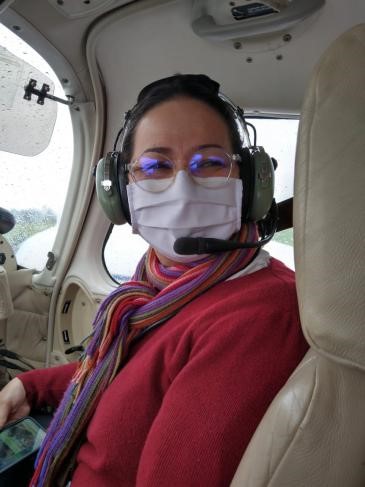
They arrive in Mocoa shortly after noon. They had sent an advance list of required supplies to the ACT staff, who had everything ready. ACT’s work is focused on conservation, and at the moment they are securing resources and coordinating all regional actors in order to confront the pandemic in a united effort. One of their fears is that entire ethnic groups will die out, Martha says.
The first training in sampling for the detection of SARS-CoV-2 begins. There are seven groups, each with four or five people. Angela and Santiago are the instructors. She is a Doctor of Science in biology, and he is a PhD student in the sciences. Both have experience in taking nasopharyngeal swab specimens and in training others to do it. They are part of a team of “brigadistas”, all volunteer students and researchers that Martha summoned from her college to participate in the Covida testing project.
They will spend two days teaching their knowledge and what they have learned from experience, which goes far beyond introducing a swab into the nostril. One must know and apply all the required biosecurity measures to avoid contracting and spreading the virus. Samples must be properly labeled and stored for analysis.
In addition to receiving all necessary technical knowledge, the brigadistas are made personally aware of how the sampling feels to an individual. Each person who receives the training undergoes swabbing and, as part of the training, takes a sample from another person. Through this experience, they can provide confidence to the people who will be tested. It is part of their work to educate people about the virus and the means to control its spread, Martha explains. On the first day, twelve samples were taken, and discussions were held on proper use of personal protective equipment. Attendees expressed gratitude for the usefulness of the learning experience.
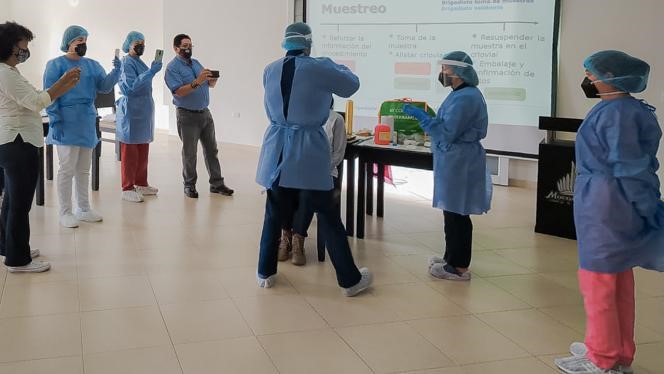
Later, they will bring samples from all those they trained to be processed in the GenCore Covid-19 laboratory at Uniandes. The journey will continue, Martha and her team hope, to other regions of the country that also need help. It reflects a closing sentence from the letter of Jorge Molina and Carolina Gil: “We thank the Universidad de los Andes for putting academia at the service of society.”
Media Relations
For press release inquiries, please contact us at info@amazonteam.org.
Related Articles
Share this post
Bring awareness to our projects and mission by sharing this post with your friends.


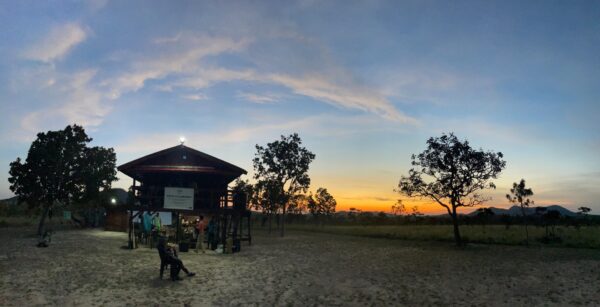
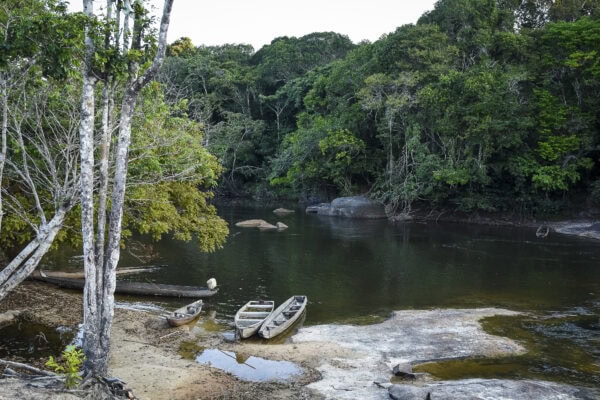
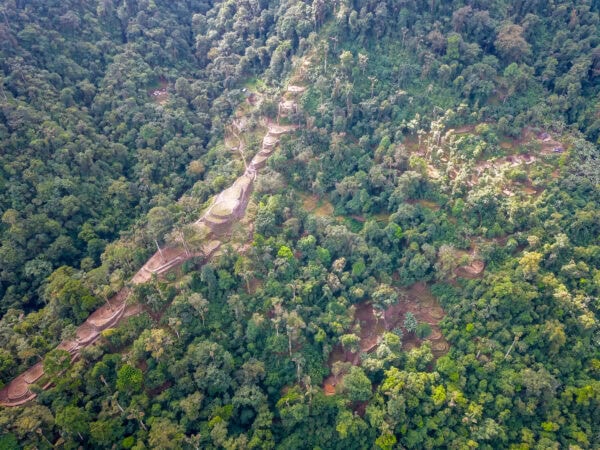
Thank you guys for helping the rainforests .They provide a lot for us.
Thank you guys for helping the rainforests .They provide a lot for us and we should stop virus spreading.